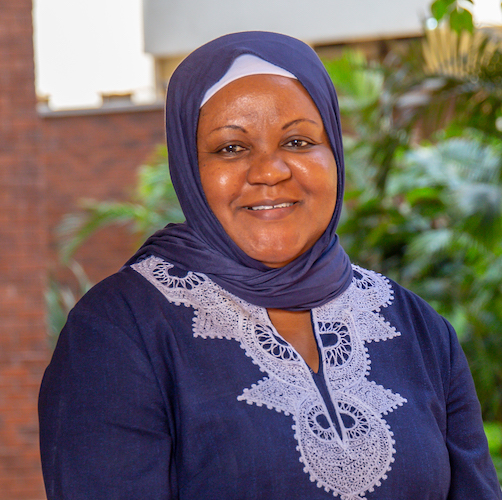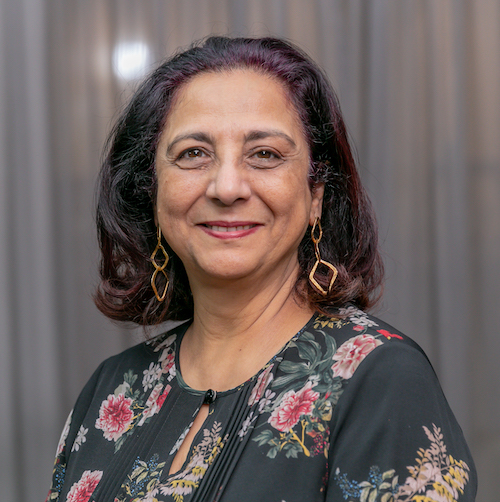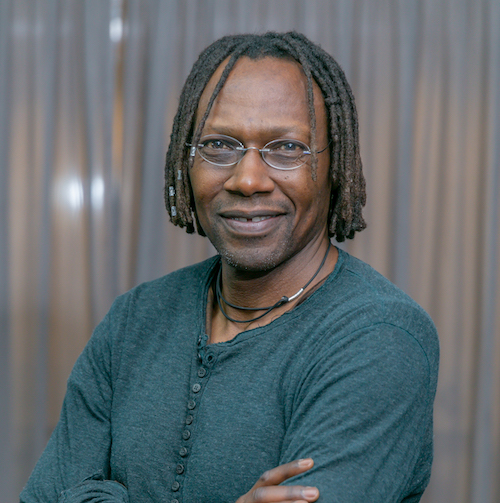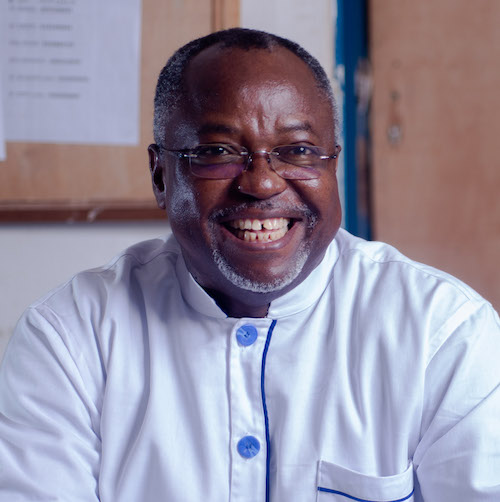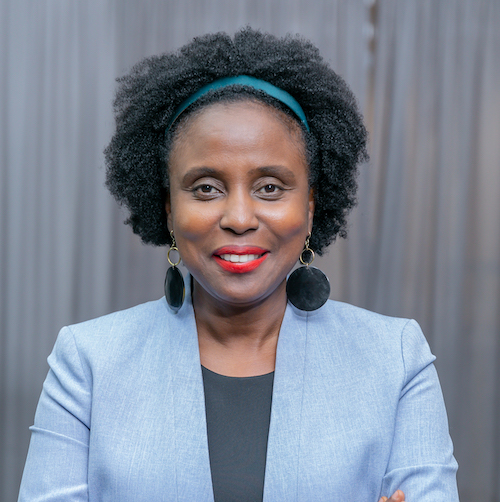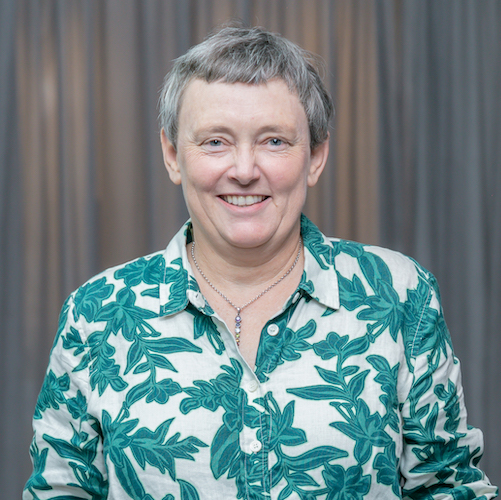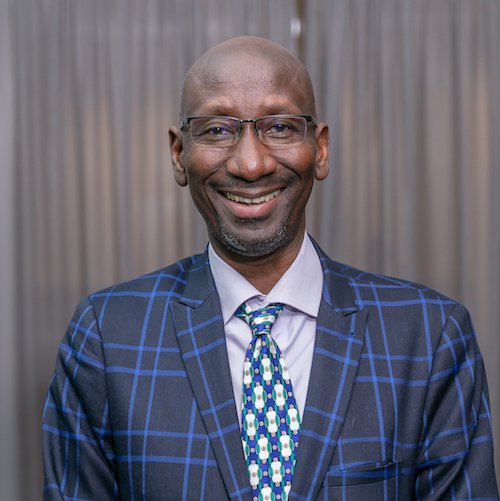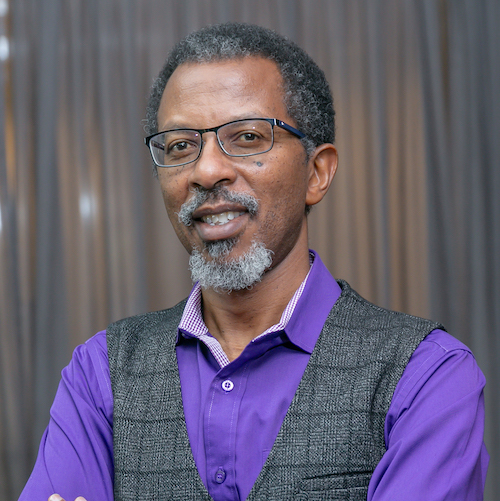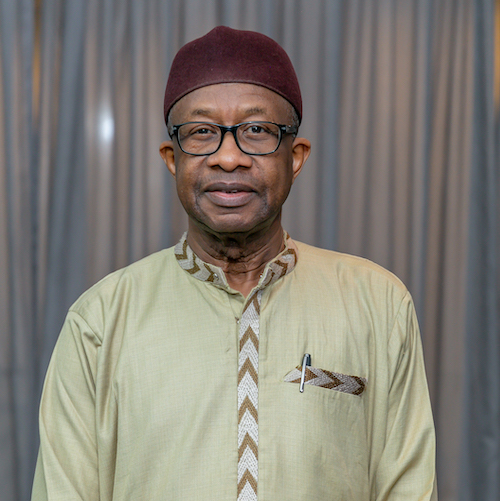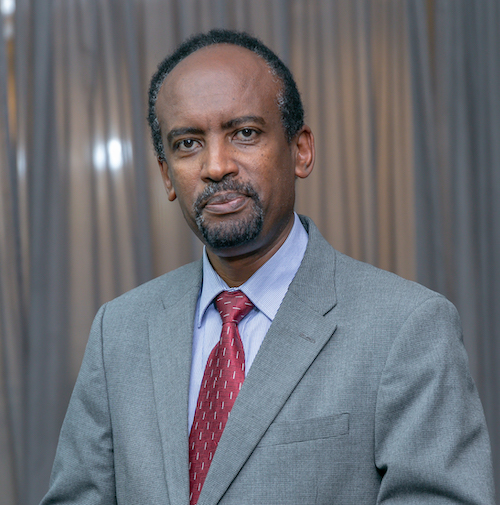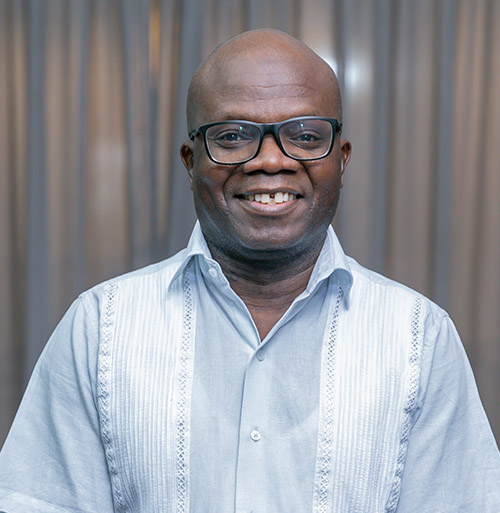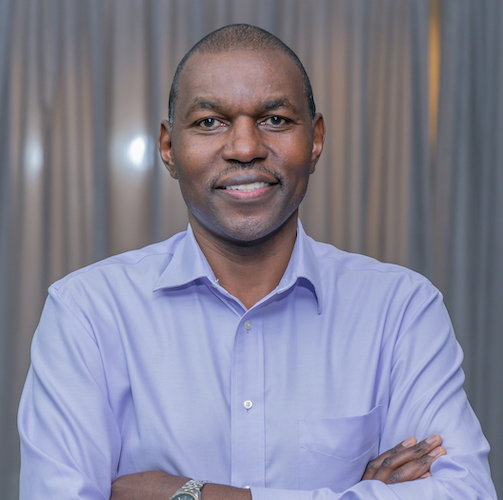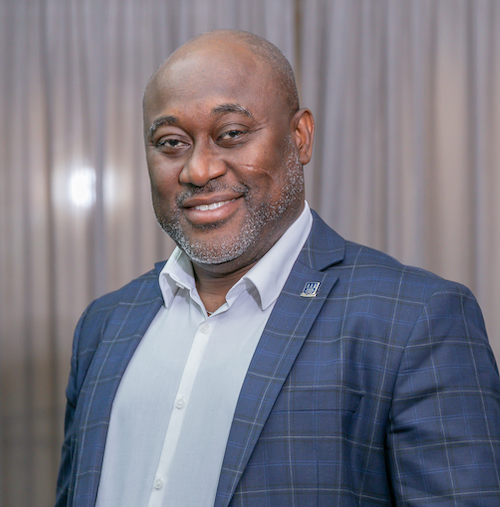
Art for Science
Transforming society’s perception, interaction,
access and use of science and its outcomes
Science Ecosystem Support Area: Linking Science with Society | Public Engagement with Science (PES) Programme |Art for Science
WHAT WE DO
PESArt for Science is a public engagement initiative to create inquiry-based experiences, encouraging new ways of thinking about and sharing science to transform society’s perception, interaction, access and utilization of science and its outcomes.
Often, when people think about science, they think about abstract information, data and formulas that are hard to read, understand or interpret. Another way of thinking about science is as a form of creation -- and to create requires creativity. Creativity involves imagination, and imagination is visualization – traits that artists also possess and use. Albert Einstein once said, “the greatest scientists are artists as well”: when science meets art and the two work together, the results can be remarkably constructive.
The PES programme’s Art for Science initiative aims to use art to bridge science and society in ways that make science relatable to non-scientist publics. This approach actively engages non-scientist publics with science by:
- Fostering greater public curiosity in science and appreciation of its potential to improve life.
- Encouraging new ways of thinking about science.
Activities
As part of the initiative, the SFA Foundation launched its inaugural Art for Science Exhibition at the Trademark Hotel, Nairobi. The exhibition was accompanied by an online Art for Science Gallery which features science and medical still images and short video clips aligned to some of DELTAS Africa II research thematic areas, including One Health, Malaria, Mental Health, Neuroscience, Climate and Planetary Health, and “The Africa we aspire for - in line with AU Agenda 2063, Aspiration 1”.
A total of 42 still images and 24 short video clips are on physical and/or virtual exhibition. The pilot exhibition seeks to assess acceptability, logistical and administrative demands, limitations and learnings that can inform subsequent events.
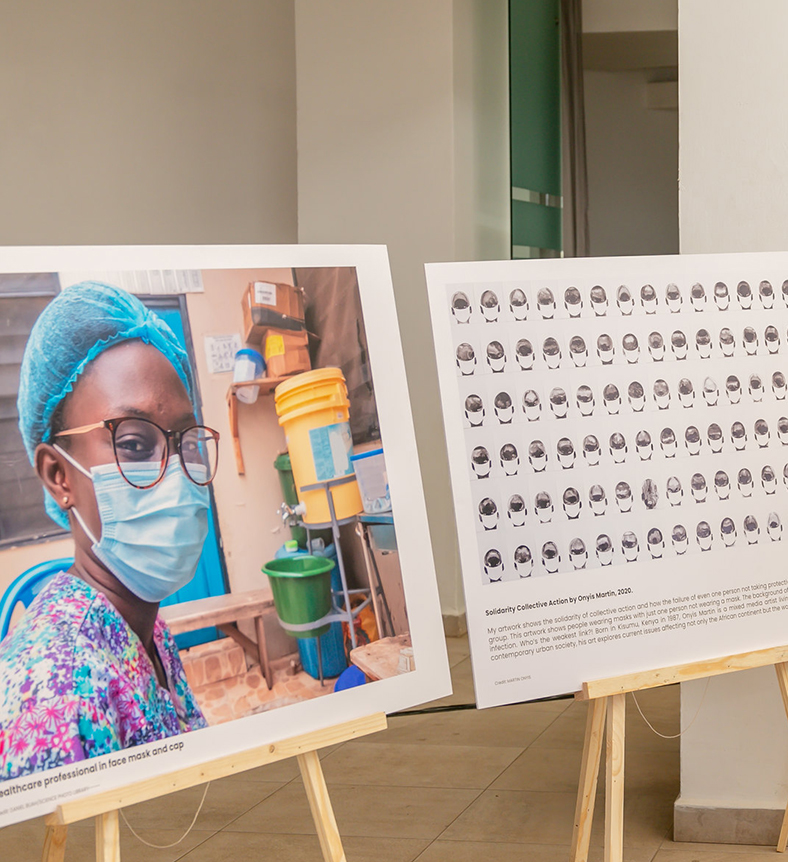
The inaugural art for science exhibition held in March 2023 in Nairobi, Kenya
How will science policy engagement drive impact:
- If R&I is to deliver maximum impact and positively change the lives of African people and societies, findings from Africa led R&I research programmes should be translated into recommendations that can be implemented within policy and practice in Africa.
- Contribute to efficiency and effectiveness within programmes through best practice.
- Ensure the right questions are formulated, asked, and answered through an African lens.
- Highlight gaps and key points of evidence within context and in an accurate manner to facilitate comprehension and use.
- Promote shared understanding, trust and collaboration for meaningful work that drives change regionally and globally
- Place African experts and policymakers at the centre of science-led policymaking processes in Africa
- Place contextually relevant data and perspectives at the centre of science-led decision-making process in Africa.
Activities being implemented by SPEAR
Artificial intelligence (AI) and Data Science policy gaps from an African perspective. The African STI landscape is witnessing the emergence of AI and Data Science across various sectors. However, for these technologies to have their full positive impact, it is crucial to develop trust among stakeholders and formulate contextualized policies that support their implementation in the region. This grant aims to address these areas by:
- Convening African stakeholders to examine and comprehend the policy gaps in AI and Data Science in global health from an African perspective, focusing on but not limited to genomics, clinical trials/drug development, and epidemics/pandemics.
- In collaboration with African partners, identifying the research and development goals of AI and data science for the betterment of global health from an African perspective.
- Engaging the public on AI and Data Science policy
Click to view our art for science exhibition 2023: View.
" If scientific results are not shared broadly, then the societal benefits are significantly limited. We have a responsibility to ensure that policymakers have access to the best, relevant and up-to-date knowledge available. To achieve Africa’s sustainable development goals, it is critical that policy decisions are informed by contextually relevant evidence”. - Uzma Alam, SPEAR programme lead.
